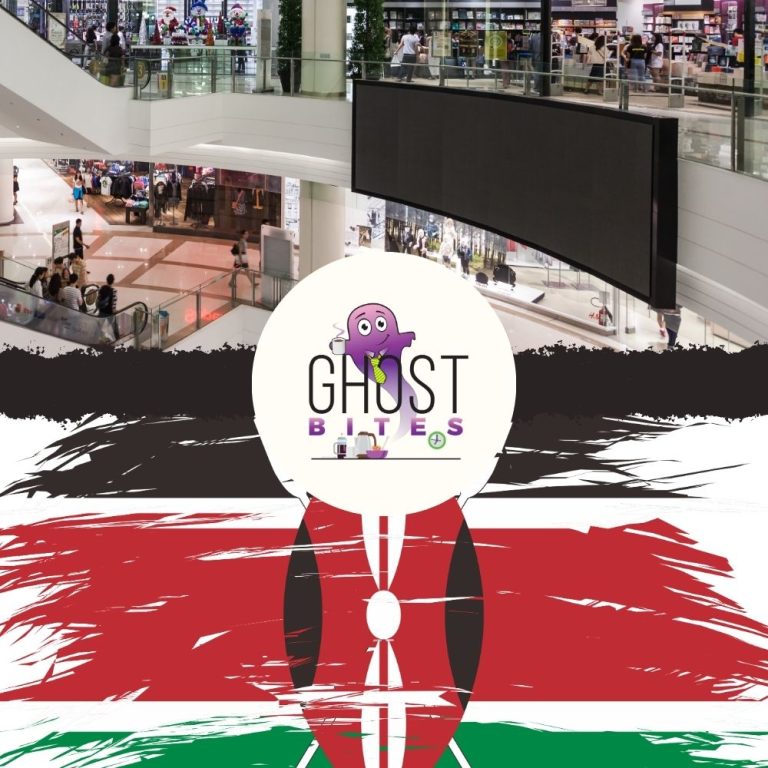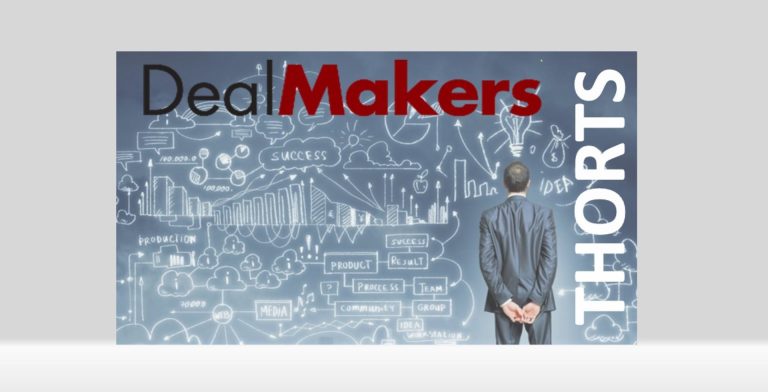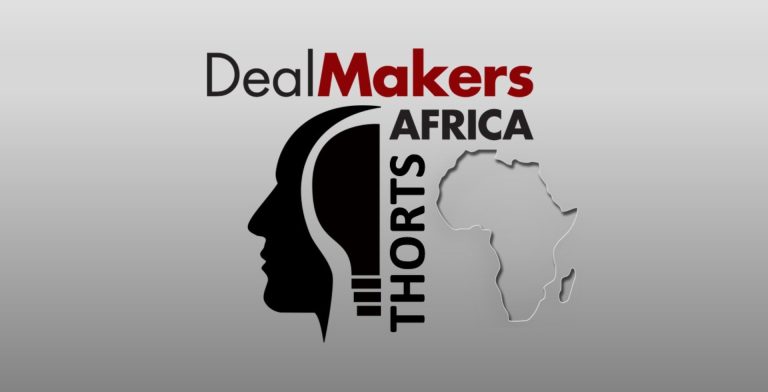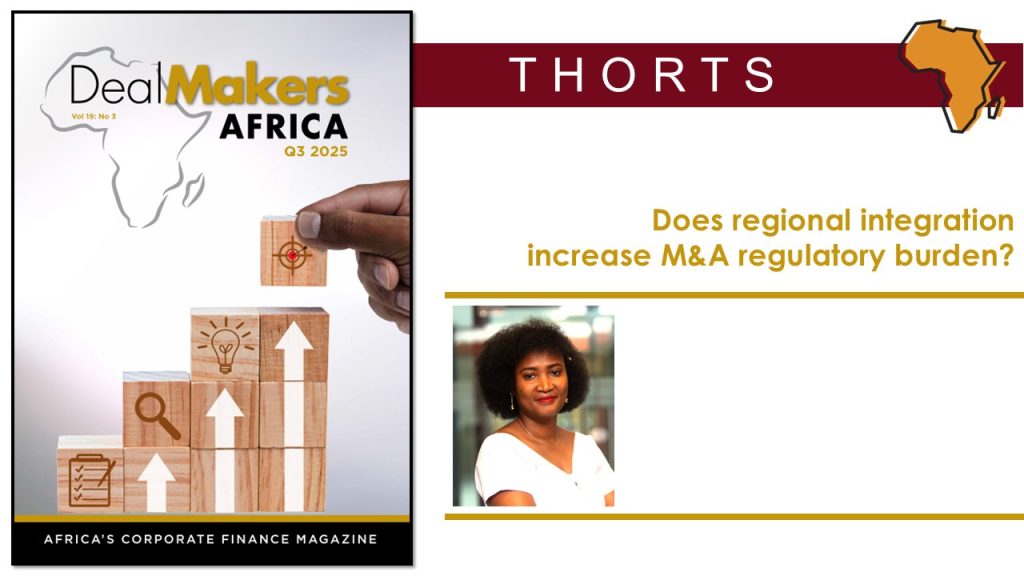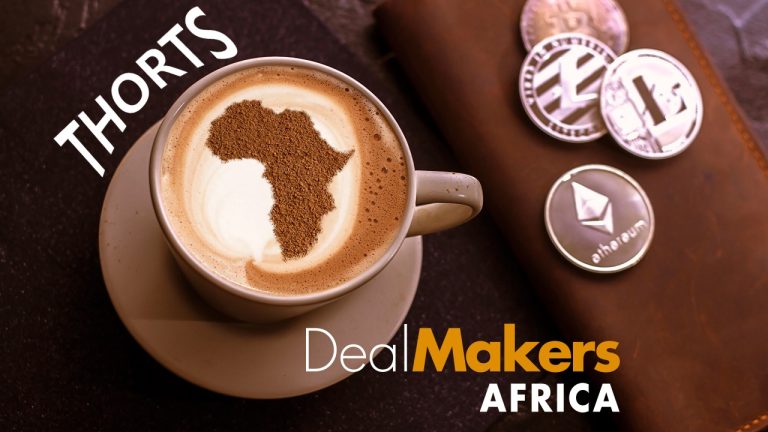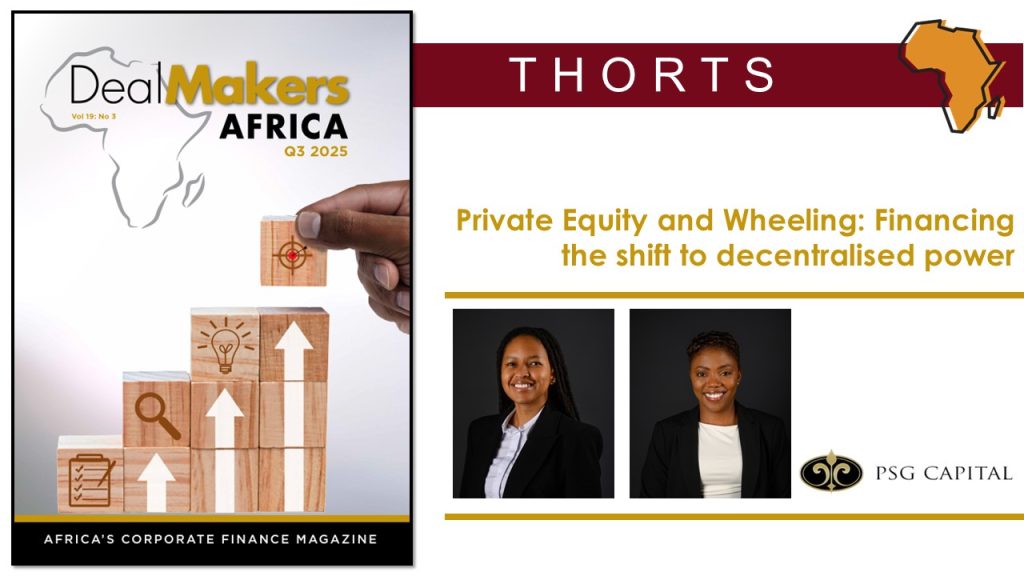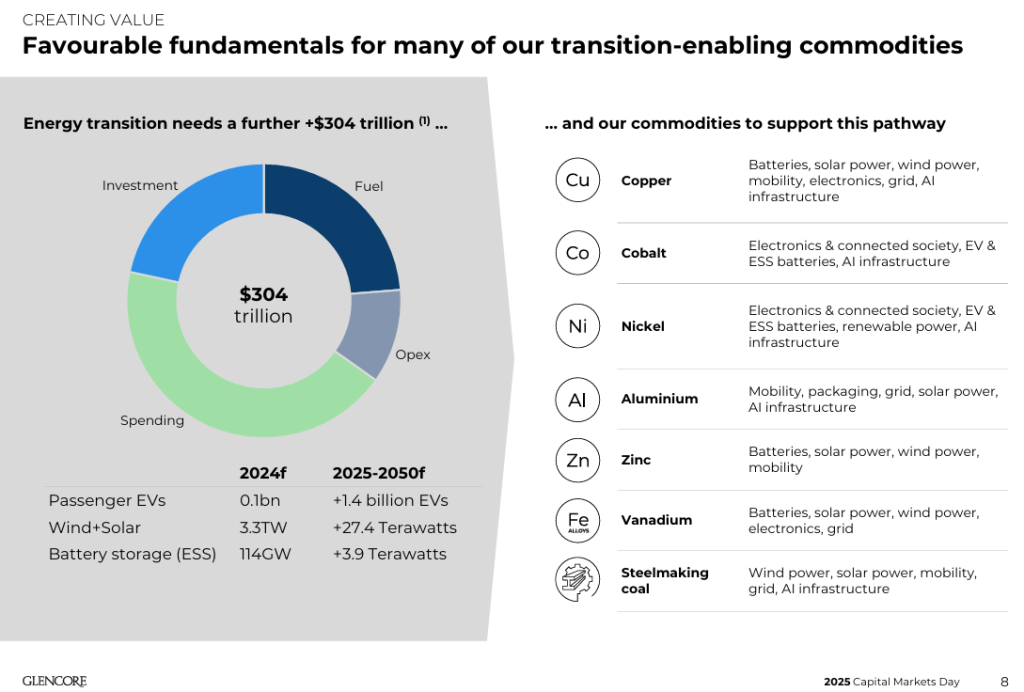A shift in AI has severed the link between images and reality. Now we’re left navigating a world where our eyes can’t keep up.
When I was a first year student at art school, there was a book that we were required to read and summarise. The name of that book was Ways of Seeing, and it was written in the wake of a BBC television programme of the same name by a British man named John Berger in 1972.
(If you’re curious, you can see a part of the programme itself here)
Ways of Seeing is not a long book (the paperback copy I have in my bookshelf contains less than 200 pages), but it has cemented itself as one of those theoretical cornerstones for anyone who works in a visual medium – artists, designers, even architects. While the subject matter of most of the book is paintings, the points made by Berger, particularly in terms of the reproduction of images through photography, have remained relevant and useful for over half a century.
Why am I telling you all this? Because less than a month ago, a subtle technological shift took place that will change the way that we look at images on the internet forever.
Before this shift, it was still possible for us to use only our eyes to determine whether an image was real or generated by artificial intelligence. But with the launch of Google’s Nano Banana Pro on the 20th of November this year, the quality of AI-generated images has suddenly caught up to the real world. Very soon, we will be completely rid of the “tells” of AI-generated images – the overly soft, glowy lighting, the “too perfect” quality of skin and hair, the vaguely blurry backgrounds. Artificially generated images will inhabit our social media feeds, TV screens and our minds, undetected. And because we have always believed the things that we see, we will believe them too.

What would John Berger say?
Sadly, the man himself passed away in 2017. This is a real shame, because I’m sure he could have added a fascinating epilogue to Ways of Seeing after witnessing the rise and proliferation of AI-gen images.
What we do have are the words he left us in his book:
“An image is a sight which has been recreated and reproduced. It is an appearance, or a set of appearances, which has been detached from the place and time in which it first made its appearance and preserved – for a few moments or a few centuries.”
This section is from a chapter of Ways of Seeing where Berger discusses the invention of photography and how the world changed when we started photographing things – artworks in particular. He goes on to make the point that artworks exist in one place and time. Before we were able to photograph Michelangelo’s David, you had to travel to Florence to see it in person; if you couldn’t make the trip in your lifetime, then you simply lived a life sans seeing that statue.
Now, the converse is true: you may spend your whole life seeing only photos of David instead of travelling to Florence to see it. You, the viewer, no longer travel to a place to see a thing. The thing now travels, in the form of a photograph, to you.
I felt this strange, almost disorienting sensation at the end of last year when I saw David in person for the first time in Florence. I’d encountered this statue’s likeness so many times in my life – textbooks, documentaries, postcards, memes – that I could probably sketch it from memory. Yet standing before it, I was struck by something I didn’t expect. The physical beauty and presence of the statue was undeniable, but that wasn’t what floored me. Instead, it was the shock of recognition: the realisation that every reproduction of this thing that I’d ever seen was anchored to this exact object, in this exact room. It was as if my brain needed a moment to confirm that this figure I’d carried around in my head for years actually existed, and that I was finally in its presence.
The first camera was invented in 1816. In the 1990s, we first experienced the internet. In the year 2000, we integrated cameras into our phones; in 2007, the first iPhone offered full internet connectivity in a handheld device. In just under 200 years, we have advanced from being able to create pictures to being able to create pictures anywhere we are, with a device the size of a hand, and then to publish those photos online for the world to see. Throughout this process, we have consistently understood and accepted the fact that the photograph – whether taken ourselves, received over WhatsApp or seen on Instagram – is a reproduction of a real thing that is out there in the world somewhere. Yes, photo manipulation was always possible, but even the most advanced Photoshop experts couldn’t invent whole photographs out of thin air.
That is, they couldn’t. Until now.
Upsides and downsides
Ask a business owner, and they will no doubt tell you that these technological advancements – many of which are free to access, within a certain scope and range of features – are saving them lots of money.
Here is a practical example: a short while ago, I noticed that a local clothing brand that I have been a supporter of for years was using AI-generated models in images of their clothes. Can you imagine the amount of time, effort and money that is saved when a whole season’s collection can be uploaded to an image generator? Cancel the photoshoot, and you no longer have the expense of a photographer, editor, model (or models), make-up artist or hairstylist. You don’t have to rent studio space or travel. All of those savings, and the average customer probably wouldn’t even notice that the woman wearing the dress in the photo has that telltale AI hair. They’ll just see an attractive woman wearing a pretty dress and (hopefully) click Add To Cart. For a business owner, the decision to opt out of expensive human time and skill in exchange for free, good-enough-and-getting-better AI seems like a no-brainer.
But herein lies the rub: the fact that this brand used to feature real, human models was the foundation of trust that allowed me, the online shopper, to purchase items of clothing that I couldn’t try on or see in person before purchase. With allowances made for Photoshop, I could believe within a reasonable level of doubt that the item of clothing I was seeing in the picture would fit as advertised. I could tell when a fabric was too stiff or clingy for my taste, or too sheer. I could compare my measurements to the measurements provided for the model and buy the correct size accordingly.
Now, neither the model nor the dress are real. There is no way for me to judge the true fit of the item, because no-one is really wearing it.
That foundation of trust in images expands beyond shopping online for clothes, and it will soon be crumbling everywhere. Photos of delicious-looking meals posted on the Instagram page of a restaurant you want to visit – real or AI? Images of a house you are interested in buying – real or AI? A brochure full of idyllic pictures, promising the perfect holiday destination – real or AI? Once that uncertainty takes root, the simple act of looking becomes a negotiation. We’re no longer judging quality, taste or desire – we’re first asking whether the image in front of us can be believed at all.
Back to Berger
John Berger wrote that an image is “a sight which has been recreated and reproduced” – a fragment lifted from reality and sent travelling across time. In the age of photography, that fragment always began with something that existed. Today, that chain has snapped. The fragment no longer needs a source.
As AI-generated images dissolve the boundary between what was and what was never there, we’re entering a new era of seeing – one where our eyes can no longer be trusted to verify the world. Berger taught us that images travel to us, detached from their time and place. Now they may arrive detached from reality itself.
If the photograph once brought the world closer, AI now brings us worlds that were never there. And if we accept those images uncritically, we risk losing the instinct that tells us what is real, what is fabricated, and what deserves our trust.
About the author: Dominique Olivier

Dominique Olivier is the founder of human.writer, where she uses her love of storytelling and ideation to help brands solve problems.
She is a weekly columnist in Ghost Mail and collaborates with The Finance Ghost on Ghost Mail Weekender, a Sunday publication designed to help you be more interesting. She now also writes a regular column for Daily Maverick.
Dominique can be reached on LinkedIn here.


